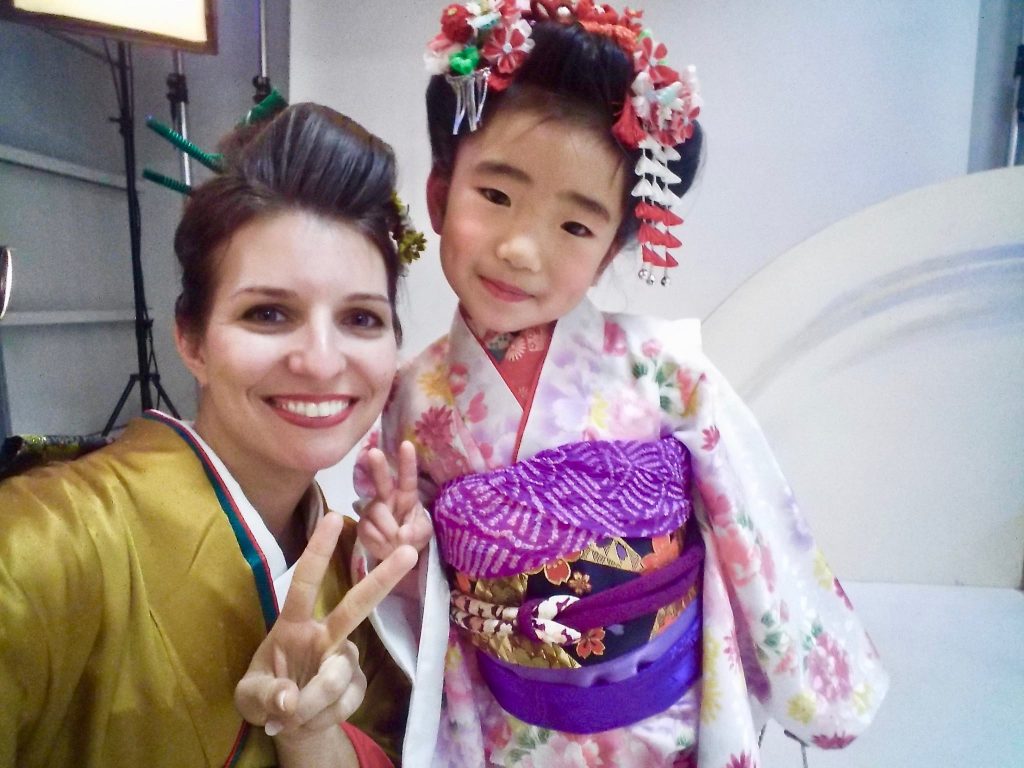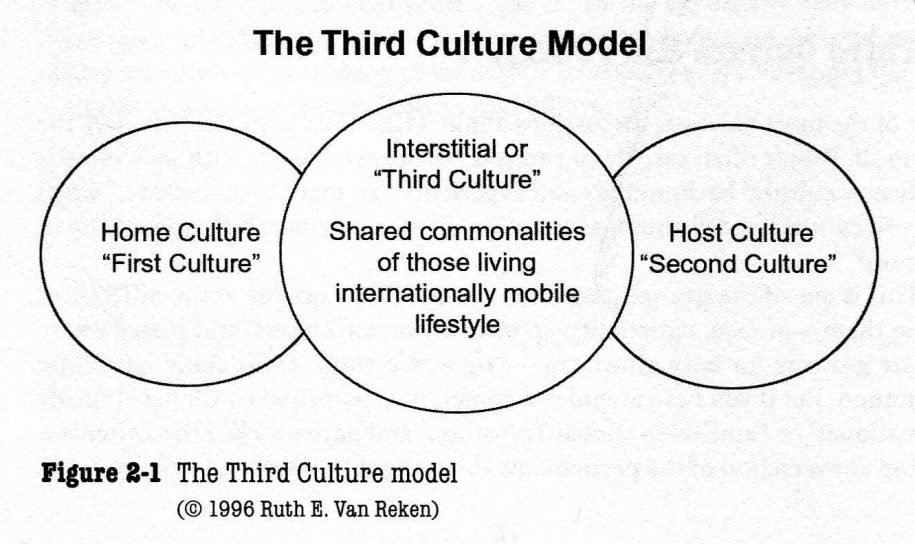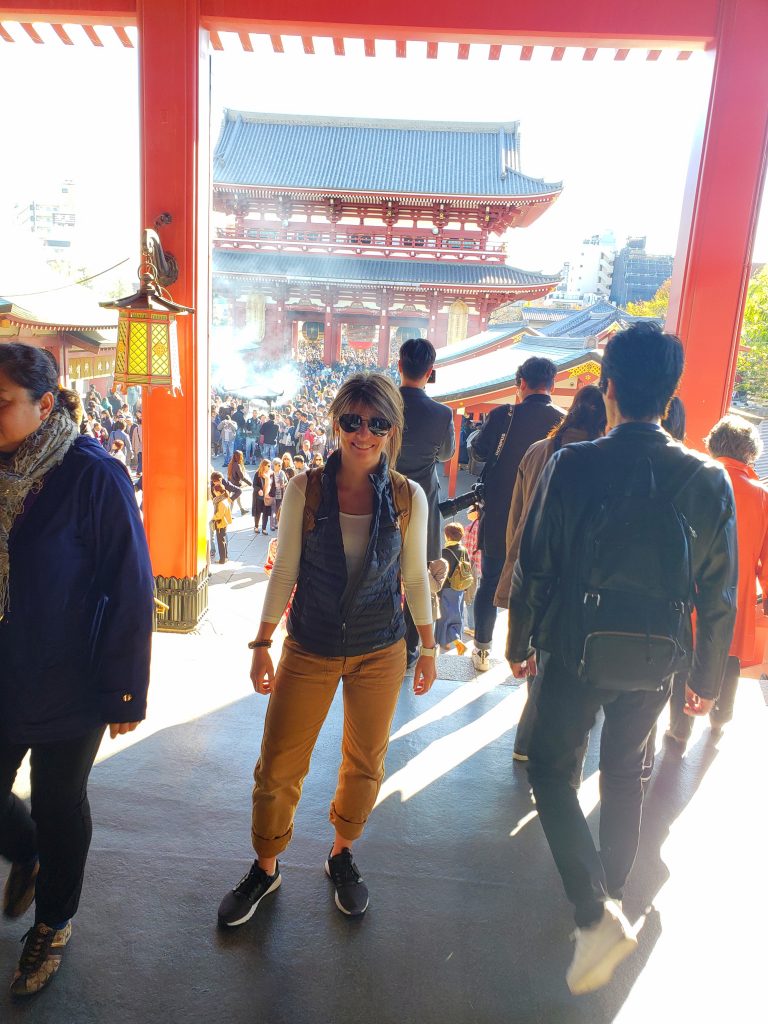This article is part of a series of insights and op-eds from members in our community. If you would like to be featured in an article, please click here.

At the age of 11, my world turned upside down. I’m not painting my life’s repositioning as negative, but things really did change. Our comfortable American life consisting of your typical Upstate NY adventures – riding our ATV around vast green forests, participating in school sports and extracurricular activities, and staying at home – came to a screeching halt.
During the summer of 2003, my father’s job assignment took him, my mother and me to the Far East, where we would spend the next three years in Tokyo, Japan, the world’s largest metropolitan area of 37.4 million people.
At that time, the population in the city of Corning, NY was 10,566.
For the next several years, living and traveling back and forth between the U.S. and Japan became my life. My family would spend the summers in Upstate and the rest of the year hearing 6am gongs from the Buddhist temple next door, experiencing the delights of Tokyo’s international restaurant and izakaya scenes, and waking our visitors at the crack of dawn to see men auction off massive tuna at Tsukiji Fish Market.
While my exotic, international life had many up sides, this life also came with a host of demands.
Transitioning into a new culture and school environment as an eleven-year-old was not only extremely challenging, but, as I would later learn, would have a major effect on my life, identity, and who I would become.
As we continued to travel back and forth, I began to experience a major inward shift, one I just couldn’t wrap my head around at the time nor explain to my family or friends in the U.S.
Home was no longer Upstate NY, nor was it really Tokyo, either.
There was some sort of melding going on, and my family expanded to include not only Japanese locals, but those who, like myself, were also experiencing a similar upbringing – my sisters at the International School of the Sacred Heart and other international school friends in Asia.
I guess you could say we were all swimming in the same multicultural soup because we were morphing together into Third Culture Kids (TCKs). We just didn’t know it at the time.
Third Culture Kid
Third-culture kids, or “TCKs” as many call themselves, are people who are raised in a culture (or multiple cultures) other than their parents’ or in a country other than the place of their citizenship. As the children of diplomats, military personnel, missionaries, international educators, and expatriates, they typically grow up with one foot in each culture, without ever feeling completely at home in one.
The TCK term was introduced by Ruth Hill Seem in the 1950s to describe kids who frequently have to adapt to new places and cultures as a result of the mobility of their parents. During their child development years, they are exposed to a greater volume and variety of cultural influences, customs, thoughts, and attitudes than those who grow up in one particular cultural setting, thus integrating these elements and their own birth culture, into a “third culture.”

Unlike other children, TCKs face lots of challenges when absorbing the facts of life from multiple cultures, before they have even developed their own identity.
Some of these include:
- Confused loyalties – Finding it difficult to fully grasp politics and values, especially when moving from collectivist to individualist cultures, or vice versa.
- Developing relationships – trouble dealing with those less ‘worldly’ or with a limited world view, or never really feeling understood.
- Lack of belonging – Unable to feel a sense of oneness with any one nationality or culture. Oftentimes, TCK struggle with developing a sense of belonging and cannot answer the question: “Where is home?,” which plays a strong role in one’s self-esteem and identity.
- Transitioning to adult life – the mixture of influences from various cultures the individual has lived can create feelings of rootlessness and restlessness that can make the transition to adulthood a challenging period.
Source: Wikipedia Third Culture Kid
For example, there were many times when I felt out of place not knowing some American idioms or pop culture references in college. I felt more comfortable with different terminologies and customs in Japan and other frequented countries in Asia.
However, various studies, reports and anecdotal blogs say that the advantages of such an upbringing can include:
- Adaptability or cross-cultural intelligence – having better capacity to function effectively across national, ethnic and organizational cultures.
- Expanded worldview – understanding that there is more than one way to look at situations that they are exposed to or experience.
- Language exposure – learning a second language or multiple languages.
- Interpersonal sensitivity – having the ability to monitor their emotions, and register societal norms and cues more adeptly so as to produce higher sensitivity to other cultures and ways of life.
Source: Wikipedia Third Culture Kid
All in all, TCKs are products of complex experiences—which can be stressful and overwhelming on one hand and liberating and enriching on the other. Because of the different kinds of life experiences they have had, however, they are uniquely suited for life to become leaders in today’s increasingly global society.
As I continued to investigate this complex subject (which eventually led me traveling across the U.S. by train in 2015), I really began to understand that the frequent shifts and changes between cultures at a young age result in the loss of three things that are key for psychological and emotional development – belonging, recognition and connection.
Experiencing a lack of such feelings as a child does have its effects later in life. As Ruth E Van Reken said in her 1999 book Third Culture Kids: The Experience of Growing Up Among Worlds, “They’re sort of lost between worlds, so they form a subculture of their own.”
The thing is, many are not fully aware of this hidden community. There is a lot of work to be done to ensure that these types of individuals are well-versed in the benefits and challenges of the third-culture experience. More so, learn about and receive the greatest sense of belonging in their lives – when they are among others like themselves.

So far, I have been very fortunate to find my “tribes,” – from my sisters at ISSH, other TCKs I’ve met traveling, and fellow USJC members—all of which have created a community I can call home.
Now, in addition to connecting cultures through the art and science of travel, I’m compelled to channel my experiences to further educate our Global Nomad collective.
If you are a TCK reading this, welcome “home.”
If you identify with any portion of this, “yokoso.” Welcome.
In a time when we must come together in unity to create more love, understanding, belonging and connection, we must all continue to work on figuring ourselves out and learning how our stories, our individual journeys, can spark a new awakening in another.
Lauren Zelek is a TCK, social entrepreneur, and avid traveler who has visited 20+ countries. She is the Founder and Chief Experience Officer of ZI, an experiential travel company that offers educational travel advising, group trips, and virtual as well as in-person guided tours between the U.S. and Japan.